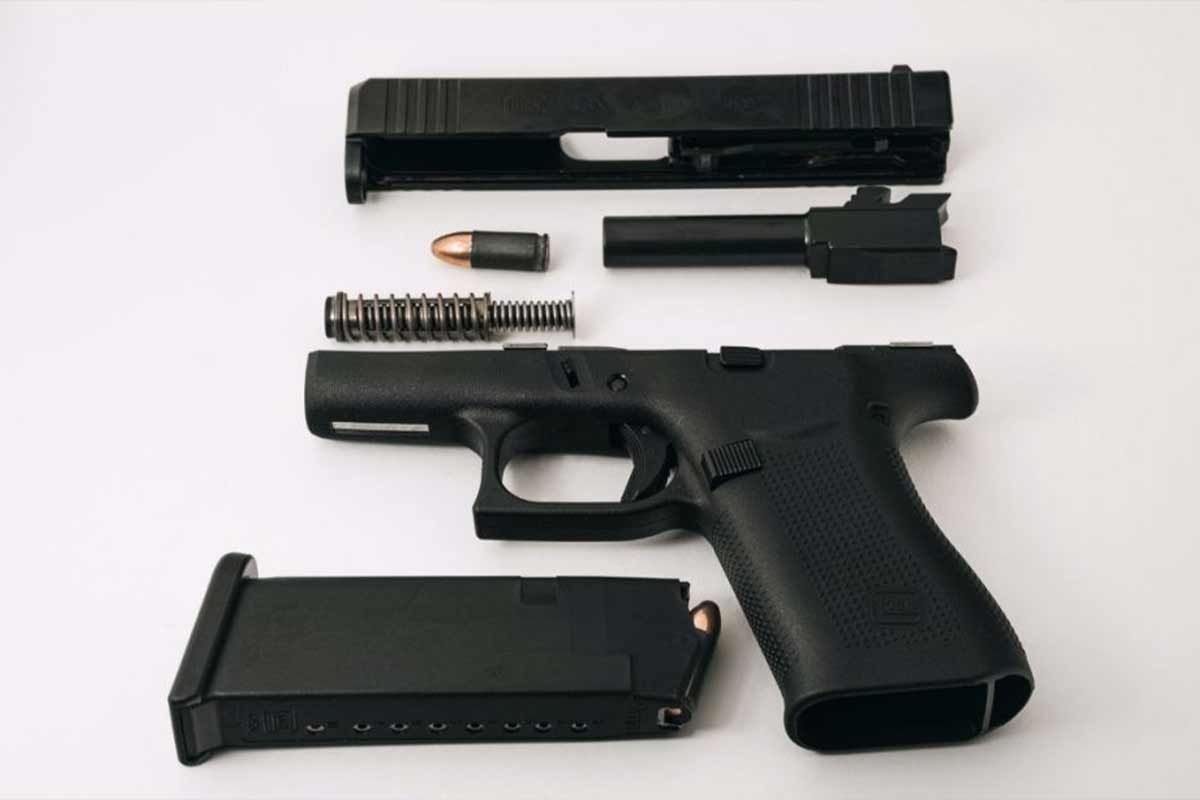The Penalties for Gun Crimes You Should Know About

Many jurisdictions and law enforcement systems take gun crimes very seriously. The sentences and penalties for such offenses can be severe.
Gun crimes often range from possessing firearms illegally to using them in violent acts. The consequences vary depending on the jurisdiction and the particular offense.
Individuals involved in such crimes should hire a gun charge defense lawyer to understand their rights and the risks and ramifications related to firearms violations.
The following sections discuss the different gun crimes and their penalties.
1. Illegal Possession of a Firearm
Illegal possession of a firearm is among the most common gun-related crimes. This happens when a person possesses or uses a firearm without a legal permit or a registration number.
The penalties for illegal possession include fines and/or imprisonment.
In the United States, federal laws bar some individuals, such as ex-felons, domestic violence offenders, or those who have restraining orders against them, from owning guns. They may be imprisoned for a time period of one to five years.
2. Possession of a Firearm When Committing a Crime
Using or carrying a firearm when committing a crime, such as robbery or assault, significantly increases the severity of the penalties. Even if the gun is not fired, its presence alone can escalate the charges.
Under federal law, brandishing a firearm during a crime carries a mandatory minimum sentence of seven years, and discharging it increases the minimum to 10 years.
If the firearm is used to kill someone, the offender could face life imprisonment or even the death penalty, depending on the jurisdiction and nature of the crime.
3. Gun-Related Assault or Homicide
Firearm-related offenses, such as assaulting someone or murder, attract some of the worst punishments under any legal system. This is especially true when the death was a result of a shooting.
In the US, a person convicted of aggravated assault with a firearm is likely to be imprisoned for a term of 5 years or a lifetime, depending on the circumstances of the case and the state laws on sentencing.

4. Gun Trafficking and Illegal Sales
The purchase or supply of firearms without a required permit is also considered illegal. Licensed firearm dealers have to conform to the federal and state requirements, and they have to carry out background checks on those who purchased the gun. If one fails to do so, or if they sell guns without a valid license, it is considered a felony.
Legal consequences for the violation of the unlawful sale or trafficking of firearms are often stiff. In the US, those who engage in the sale of firearms without a valid license could be jailed for up to 10 years.
It is worth mentioning that if the illegal transaction leads to the usage of the firearm in a crime, the penalties can be significantly higher.
5. Penalties for Minors
Juvenile gun crimes are different from those that are committed by adults, but they attract severe consequences as well. Most countries have laws that allow children of young ages to be tried as adults when they are involved in extremely heinous and violent crimes that involve the use of firearms. In some instances, this could mean life imprisonment.
However, where the offenses are minor, like the unlawful possession of a firearm, the juvenile can end up on probation, mandatory counseling, or spend time in a juvenile detention center.
Conclusion
Gun crimes are always met with harsh penalties due to the potential harm they pose to society. Whether it’s the possession of a firearm, trafficking of a firearm, or using it in when committing a crime, unlawful gun use can attract either a lengthy prison term together with hefty fines or life imprisonment.



0 comments